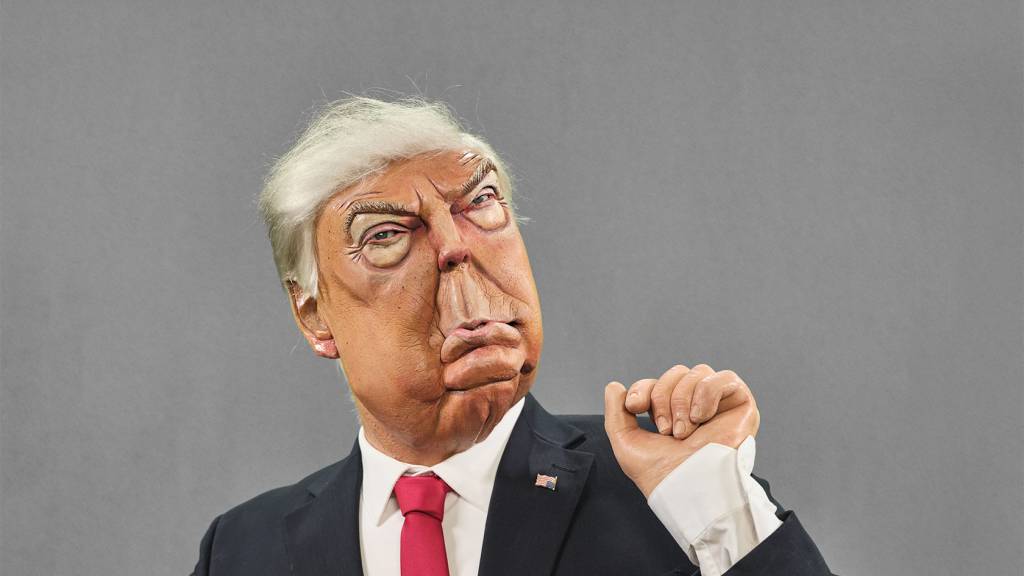
In February 1950, Senator Joseph McCarthy’s political career was faltering. Despite his ambitious nature and powerful oratory skills, his tendency to stretch the truth had left him isolated in the Senate. His infamous claim of having a list of communists within the U.S. State Department during a speech in Wheeling, Virginia, marked the beginning of a new era in American politics, now known as McCarthyism.
This development follows McCarthy’s rise to the Senate in 1946, where he defeated three-term incumbent Robert Marion La Follette Jr. However, his quick temper and disregard for established rules had left him on the fringes of political power. In Wheeling, McCarthy questioned why America, once the strongest nation post-World War II, was seemingly lagging behind international communism. He attributed this to “enemies from within.”
The Wheeling Speech and Its Aftermath
During his Wheeling address, McCarthy accused President Harry Truman’s administration and the State Department of harboring communists. He claimed to possess a list of 205 communists, which he later revised to 57, though he never made the list public. This speech ignited a series of investigations and hearings, including a Senate subcommittee that concluded McCarthy’s claims were “a fraud and a hoax.”
The announcement comes as McCarthy’s tactics were scrutinized, leading to the defeat of Senate veteran Millard Tydings, who chaired the subcommittee. Tydings’ loss was partly due to McCarthy’s involvement in his opponent’s campaign, which included illegal payments and slanderous tactics.
Modern Parallels: The Trump Era
Fast forward to September 2025, when ABC announced the suspension of “Jimmy Kimmel Live!” following controversial remarks by the host. This decision followed comments by FCC head Brendan Carr, a Trump loyalist, who suggested revoking ABC affiliate licenses if they did not act against Kimmel. Carr’s statements echo the coercive tactics reminiscent of McCarthy’s era.
Meanwhile, the Trump administration’s actions against political dissenters and media outlets have drawn comparisons to McCarthyism. Republican Representative Thomas Massie and Senator Thom Tillis faced political backlash for opposing Trump’s policies, with super PACs targeting them for removal.
The Broader Impact of McCarthyism
The anti-Communist purges of the McCarthy era extended beyond politics into Hollywood and the American labor movement. The House Un-American Activities Committee (HUAC) investigated alleged communists, leading to ruined careers and public shaming. This period also saw the “lavender scare,” where thousands of federal employees were dismissed for alleged homosexuality, linking it to communism as a moral threat.
According to sources, the University of California, Berkeley, recently handed over names of students and faculty to the Trump administration for a federal investigation into alleged antisemitism, drawing criticism for stifling academic freedom.
Voices of America: Then and Now
In the early 1950s, McCarthy’s investigation into the Voice of America (VOA) sought to root out alleged communist influence. Despite finding no spies, the hearings led to resignations and firings, highlighting the destructive power of McCarthy’s tactics. In March 2025, the Trump administration ended funding for VOA, citing the need to eliminate “radical propaganda.”
Perhaps wishing to avoid similar scrutiny, major networks like ABC News and CBS News have opted to settle lawsuits with Trump, rather than risk further attacks on their licenses. This move represents a cautious approach in an increasingly polarized media landscape.
The move represents a chilling reminder of the McCarthy era’s impact on free speech and political discourse. As history appears to repeat itself, the implications for American democracy and civil liberties remain profound. The parallels between past and present serve as a cautionary tale, underscoring the need for vigilance against the resurgence of McCarthy-like tactics in modern politics.





